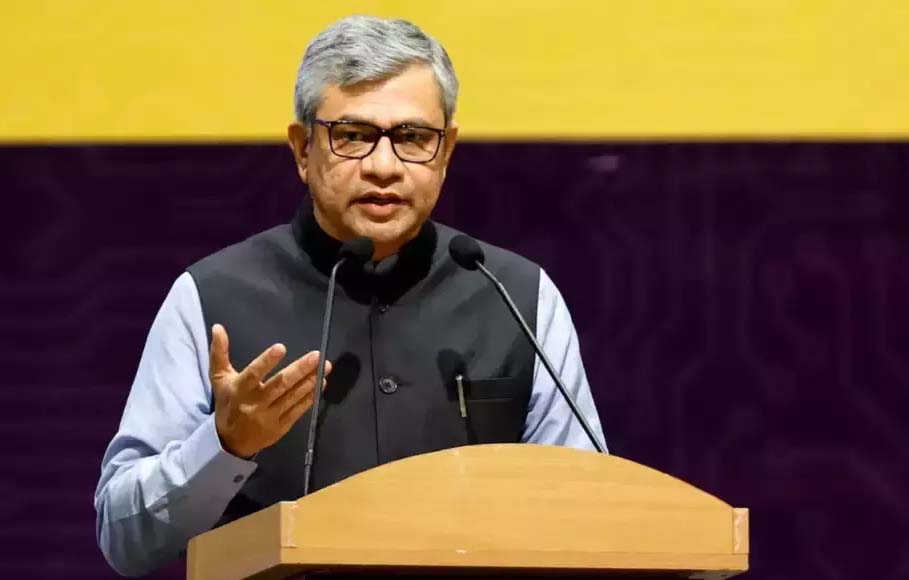In the political landscape of New Delhi, the Bharatiya Janata Party (BJP) has unveiled the second roster of contenders for the imminent Rajya Sabha Biennial Elections across diverse states.
From the heartland of Madhya Pradesh, the BJP has strategically positioned Union Minister L Murugan, Maya Narollya, Bansilal Gurjar, and Umesh Nath Maharai as its nominees.
Venturing into Odisha, Union Minister Ashwini Vaishnaw emerges as the chosen candidate, securing the backing of the ruling Biju Janta Dal (BJD), thereby indicating a likely alliance between the two.
This follows the BJP’s earlier proclamation on Sunday, disclosing its candidates for the forthcoming Rajya Sabha Biennial Elections slated to transpire in multiple states.
In Bihar, the BJP puts forth Dharmsheela Gupta and Bhim Singh, while Chhattisgarh witnesses the nomination of Raja Devendra Pratap Singh.
Further nominations unfold with Subhash Barala in Haryana, Narayana Krishanasa Bhandage in Karnataka, Mahendra Bhatt in Uttarakhand, and Samik Bhattacharya in West Bengal.
The electoral arena in Uttar Pradesh sees a robust lineup with RPN Singh, Sudhanshu Trivedi, Chaudhary Tejveer Singh, Sadhna Singh, Amarpal Maurya, Sangita Balwant, and Navin Jain as the contenders.
Simultaneously, as we approach the first week of May, a significant transition looms, with a total of 58 Rajya Sabha members, including eight Central Ministers and notable figures like former Prime Minister Manmohan Singh and BJP’s national President JP Nadda, set to retire.
Among the retiring ministers, Mansukh Mandaviya, Bhupender Yadav, Parshottam Rupala, Dharmendra Pradhan, V Murleedharan, Narayan Rane, Rajeev Chandrashekhar, and Ashwini Vaishnaw will step down by April 2-3, joined by 47 other MPs, including Manmohan Singh and Nadda.
The retiring cohort comprises 28 BJP MPs, 11 from Congress, four from Trinamool Congress, four from Bharat Rashtra Samithi, two each from Biju Janata Dal, Rashtriya Janata Dal, and Janata Dal (United), and one each from YSRCP, Shiv Sena, NCP, Telugu Desam Party, and Sikkim Democratic Front.
Of notable mention among the departing leaders are Samajwadi Party’s Jaya Bachchan, BJP’s Anil Baluni and Prakash Javadekar, and BJD’s Amar Patnaik. This exodus marks a pivotal moment, as the outcome of ensuing general elections will wield influence over the partisan composition in the Upper House during the upcoming Lok Sabha term.
Presently, the BJP commands 93 MPs in the Rajya Sabha, juxtaposed with Congress’s 30, Trinamool Congress’s 13, and six nominated members, among others, in a house of 239 with six vacancies.




